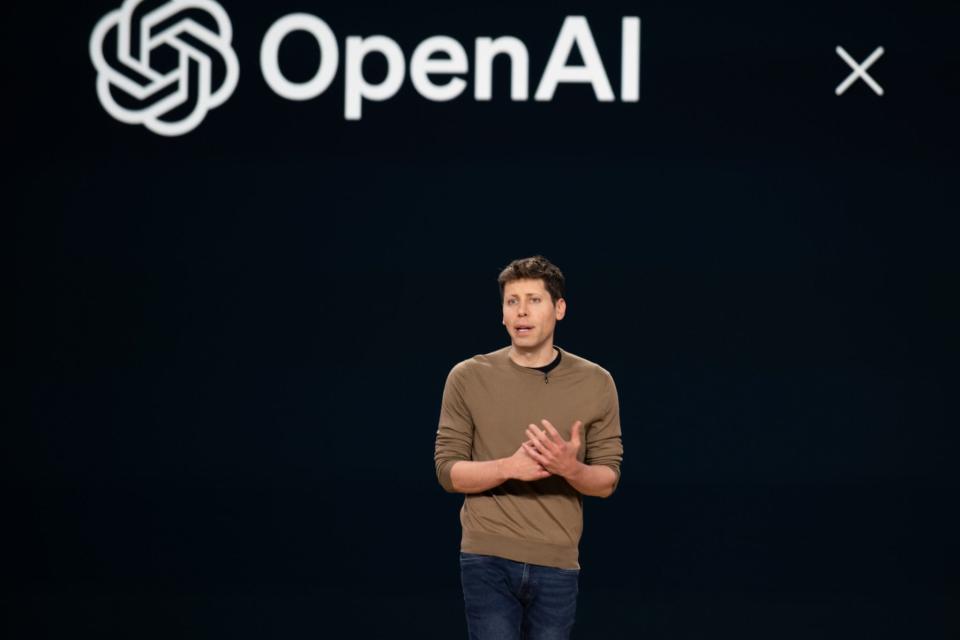OpenAI debuts a new version of ChatGPT exclusively for universities

ChatGPT is going to school.
OpenAI, in a blog post, has unveiled a version of its artificial intelligence chatbot specifically built for colleges and universities. ChatGPT Edu, the company says, will allow educators “to responsibly deploy AI to students, faculty, researchers, and campus operations.”
The new venture will include access to GPT-4o, which the company unveiled earlier this month. GPT-4o is the most advanced version of the company’s large language model and is reportedly better at interpreting text and analyzing data than predecessors. Universities will also be able to build custom versions of the technology centered around their own data. Over 50 languages will be supported.
Conversations and data collected in ChatGPT Edu will not be used to train other OpenAI models, the company said.
AI has been a touchy subject with educators. Some teachers, especially in middle and high schools, have been concerned that students will use it as a crutch to shortcut learning, and not retain information. A growing number of colleges, though, see AI as a technology that will be a part of the world in the years to come and are striving to teach students how to use it responsibly.
A team at Columbia University built a version that analyzes and synthesizes large datasets to inform interventions, reducing weeks of research work into seconds. And Arizona State University is developing a GPT for students to engage in German conversations suited to their language level while receiving feedback.
“Integrating OpenAI's technology into our educational and operational frameworks accelerates transformation at ASU,” said Kyle Bowen, deputy CIO at Arizona State University. “We're collaborating across our community to harness these tools, extending our learnings as a scalable model for other institutions.”
This story was originally featured on Fortune.com

 Yahoo Finance
Yahoo Finance 